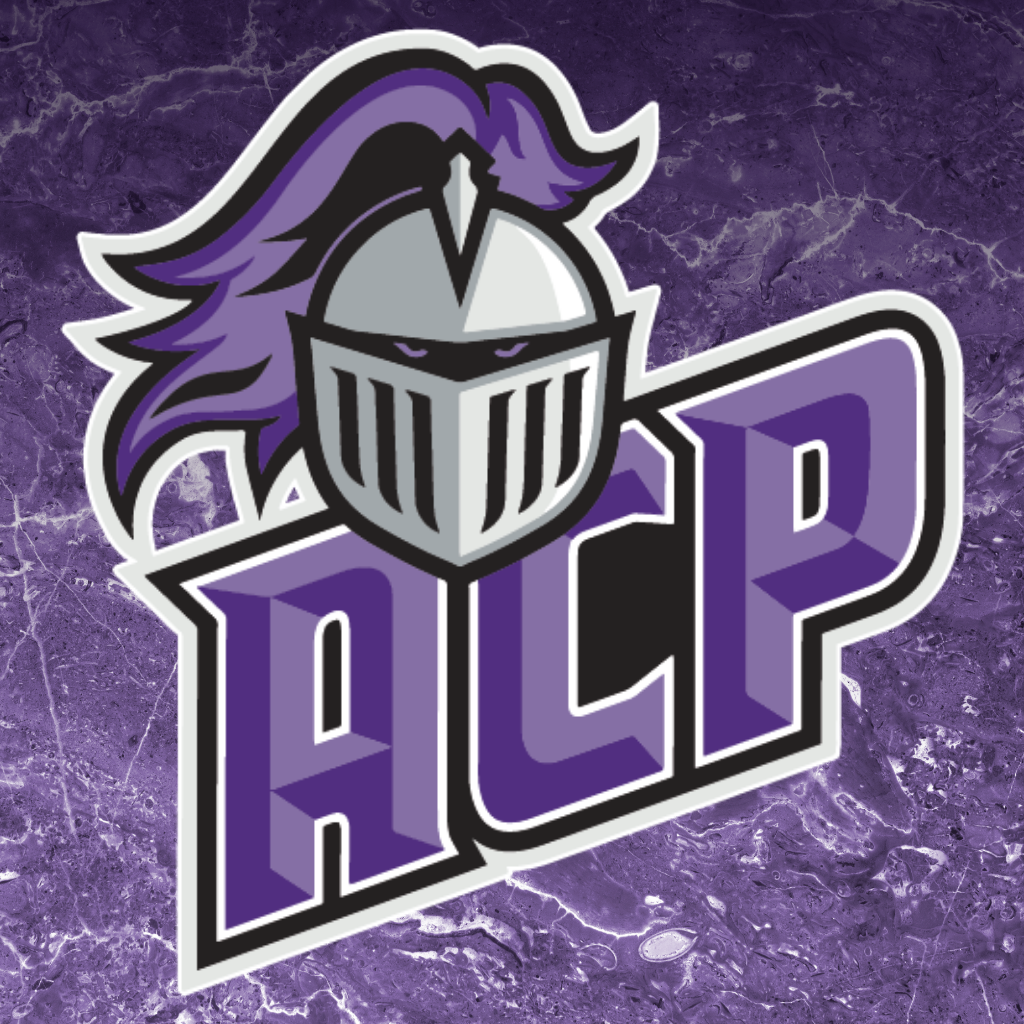Arizona College Prep Athletic Trainer Contact Information
Chris Marquez, LAT, ATC, FRCms
Head Athletic Trainer
O: (480) 424-8906
C: (432) 386-6123
Kenny Brown, LAT, ATC, FRCms
Athletic Trainer
O: (480) 424-8960
C: (913) 620-4715
CLICK HERE for the ACP Emergency Action Plans - by Venue
General
Athletic Training information
We want to welcome the parents of
incoming 9th grade students as well as any other NEW student athlete to the ACP
Sports Medicine page! Your student-athlete has access to sport specific medical
care on ACP’s campus everyday, after school during practices and games.
Please call us or email us if you have any questions or concerns regarding your
child's health while participating in a school sponsored sport.
Some things you should
know:
1.
ALL NEW ACP student-athletes will be taking the ImPACT test for their baseline
at the beginning of their season. See concussion info page for more
information.
2.
All student-athletes are encouraged to bring their own water bottle to
practices (and some teams games as well). There will be water provided
but you will need to bring a cup/bottle. This is to minimize the spread of
illnesses.
3.
All injuries MUST be seen by an Athletic Trainer PRIOR to returning to
practice/games. We are trained in recognizing injuries and treating them
appropriately. We will do what is in the best interest of your child for
SAFETY not to win/lose the game.
4.
If your child sees a doctor for an injury/illness - we must receive a note
specifically stating that they are "CLEARED TO PLAY" or "CLEARED
WITH NO RESTRICTIONS". If the note says anything else on it, we will
follow those orders and so will the coach. If there are any questions
about this, please feel free to reach out to one of the ACP Athletic Trainers.
5.
Make sure the emergency contact information is current and accurate at all
times. If at any time you need to make a change please notify us so we
can write it down. We will be contacting you if your child suffers an
injury or if we need you to come and get them.
6.
The location of the athletic training room is in the A Building (main gym area)
next to the locker rooms on the north side of the building. If your child
is injured, unless we say otherwise, this is where they will be waiting for
you.
Please
come meet us at any time!!
Concussion
Awareness:
|
Concussions
are a serious injury that your son/daughter may sustain while participating
in athletics. Please use the following information to help educate you
in the signs and symptoms of a concussion and how to help aid your student
athletes recovery. |
||||||||||||||||||||||
|
Chandler
Unified School District has a specific return to play policy in place for ANY
athlete who suffers from a concussion. The medical team will be happy
to provide the required paperwork/clearance forms for you if your athlete
suffers a concussion. It is
our recommendation that you use one of the team doctors. They
are familiar with the district policy and communicates with us often about
concussion patients. You may however, use any physician of your
choosing but will need the required clearance form signed and returned with
your athlete before they can begin to return to sports. If
your child sustains a possible concussion during "PE" (their
sport hour) and the athletic trainer is NOT available the nurse will contact
you and they still need to see the athletic trainer either during 6th hour or
after school (preferably that same day). All other possible concussions
sustained during practices or games will be handled initially by the staff
athletic trainers. Frequently
Asked Questions The
following are commonly asked - For more information visit the CDC Website What
does a concussion look like? There
are many signs and symptoms to a concussion. There are physical
symptoms and cognitive symptoms to watch for. The following
is a nonexclusive list of these symptoms.
Just
because there was no loss of consciousness does not mean there is not a
concussion. However, a loss of consciousness is a good indication of a
concussion. Should
I take them to the ER? More
often than not - no. If your athlete loses consciousness (blacks out)
and/or they have severe symptoms and/or an increase in symptoms, then please
take them to the emergency room immediately. How
can I tell the difference between a concussion and a headache or other
illness? Ask
yourself this: Has anyone else been sick in your house/around your
child? Has your child hit his head in the last 24 hours or been in a
situation where there might be a risk of a concussion in the last 24
hours? If you
answered NO then YES --> your child needs to be evaluated by an ACP
Certified Athletic Trainer ASAP. If you
answered YES then NO --> your child MIGHT be sick (does not mean they do
not have symptoms of a concussion) and we will still evaluate
and recommend sitting out of sports until they feel better. If you
answered NO then NO --> your child probably just has a headache or
illness - but the student/athlete still needs to be evaluated by an ACP Certified
Athletic Trainer. If you
answered YES then YES --> Please have us evaluate them ASAP. What
can I do at home to help with the recovery process? REST!!
The best thing for a concussion is to both physically and cognitively
rest. You do not need to wake them up every hour - just check on them
and monitor them. Cognitive rest includes a break from TV/Video
Games/Cell Phones and Homework. This also includes ensuring a well balanced
diet, proper hydration and plenty of sleep. My
athlete has a very big game this week and the coach really wants them to
play, can the coach let them play even if they have a concussion? No.
Per Arizona
SB1521 and the CUSD Concussion Policy, the student athlete
must obtain evaluation/diagnosis and obtain written clearance for full
participation by the following licensed health care professions who have
been trained in concussion management: Licensed physician (MD/DO),
Licensed Athletic Trainer (AT), Licensed Nurse Practitioner, and Licensed Physician
Assistant.
How
long will my athlete have to be out? Concussion
Return to Play timelines vary from person to person. No two concussions
are the same. Typically, we wait for the athlete to become asymptomatic
- no symptoms then we begin a return to play protocol. This protocol
requires the athlete to progressively return to sports participation over the
course of 5 steps - each taking approximately practice that meets those
requirements. Example
#1: If your athlete gets a concussion on a Friday Night
and they report zero symptoms on Monday Morning - Monday is now step 0
(which is resting) they will then likely begin their return to play that
week and they will not be ready to play on Friday night in
the game. Example
#2: Your athlete sustains a concussion on Monday and
continues to have symptoms for 1 week until the next Monday. That is
their step 0. They have already been sitting out for one week and
will still have the 5 step return to play. |
Neurocognitive testing: What is it and does ACP offer it?
While there are many
neurocognitive tests available, ACP High School – and all CUSD high schools –
use ImPACT (Immediate post-concussion assessment and cognitive testing). This
test measures memory, reaction time, delayed recall and basic brain functions.
Per CUSD policy, ACP student athletes will take the ImPACT test once every 2
years at the start of their sport to establish a baseline unless they sustain a
concussion. This includes all student
athletes that are freshman, juniors and anyone who is new to ACP HS. If a
student plays more than one sport in a year and they have already taken the
baseline for that year, they do not have to take it again.
With the exception of
football, all sports will take their baselines after tryouts. This will be coordinated
by ACP Athletic Trainers and ACP coaches for that respective sport.
This test is different from
Brainbook




